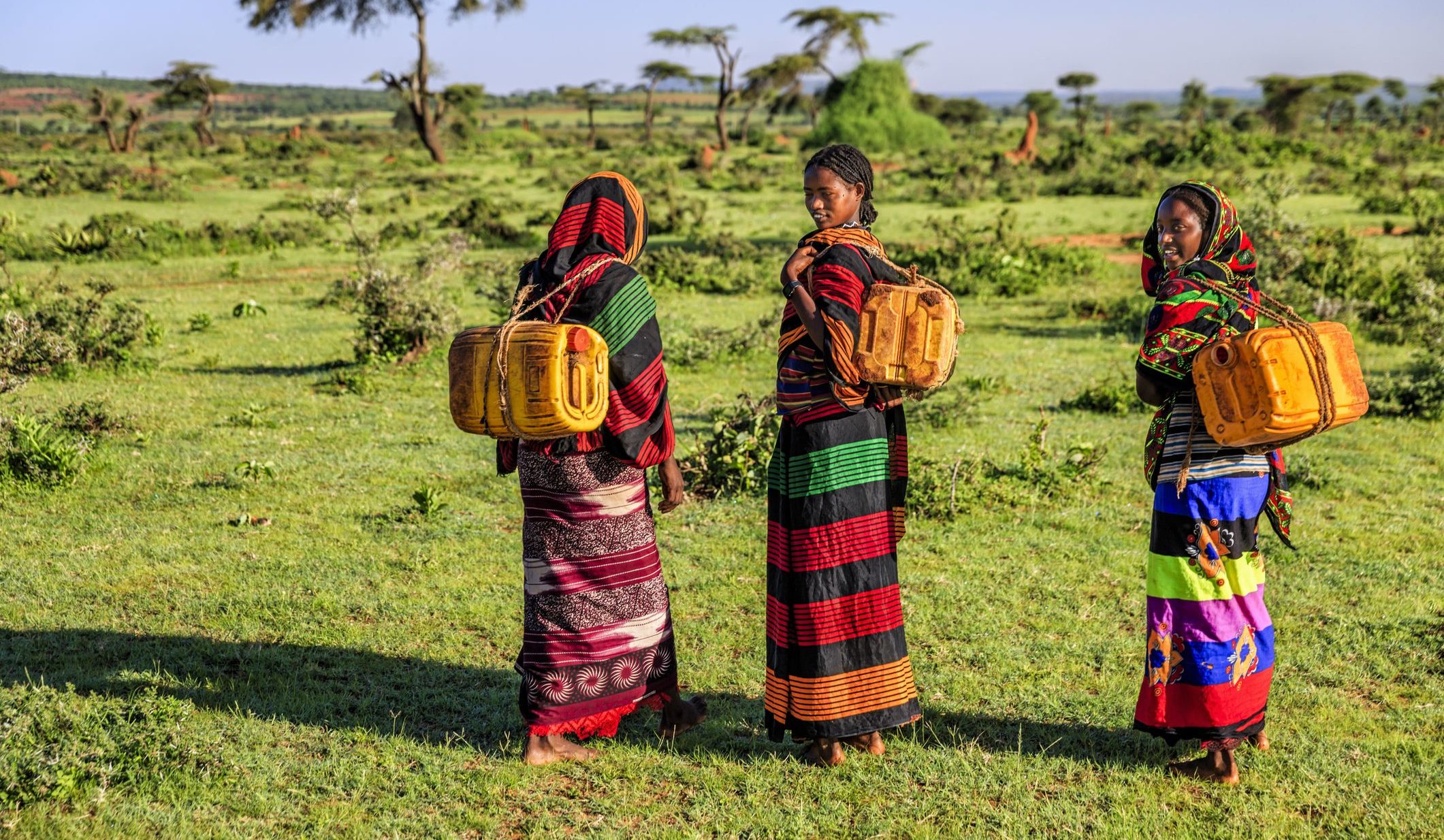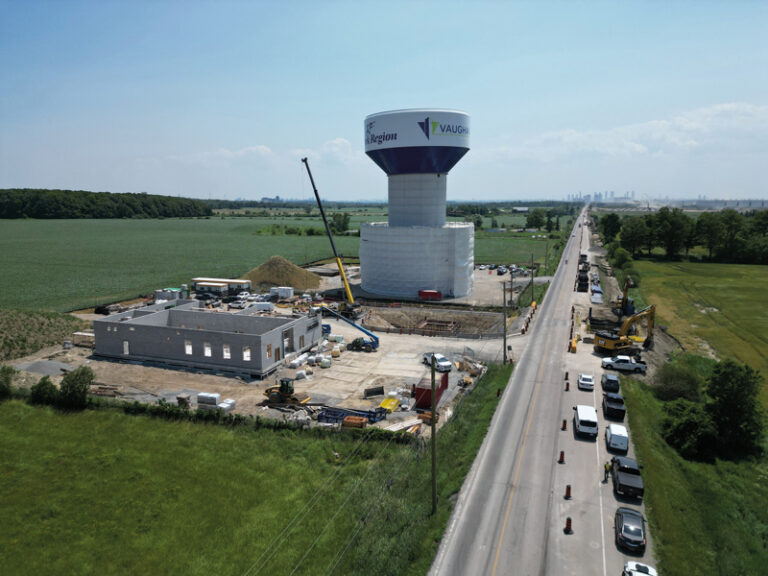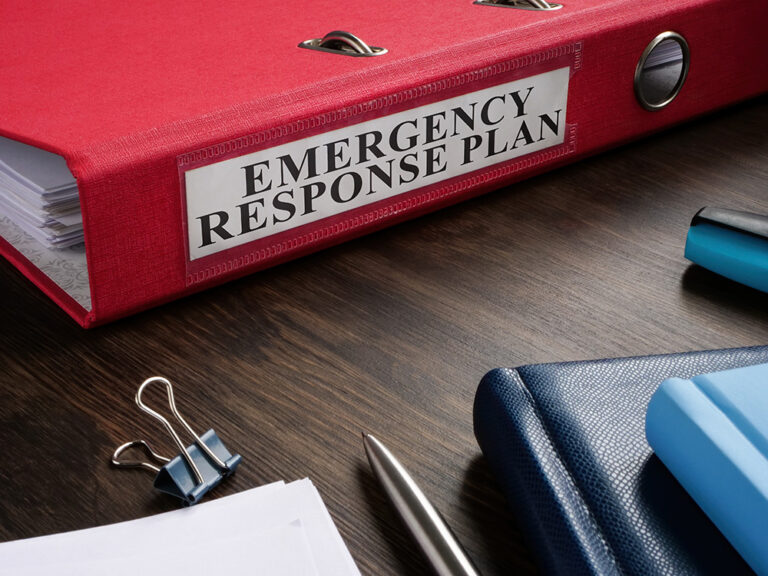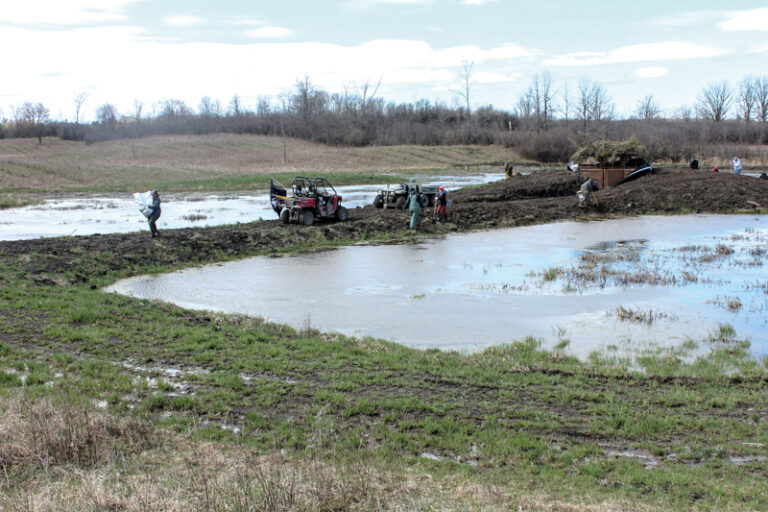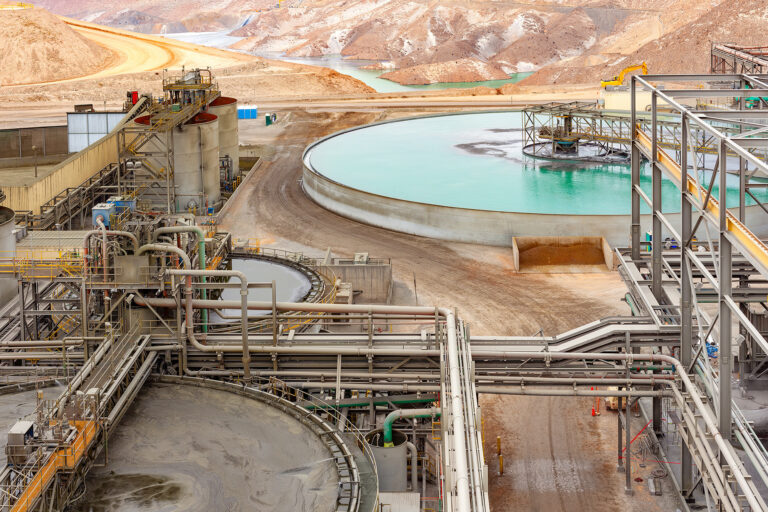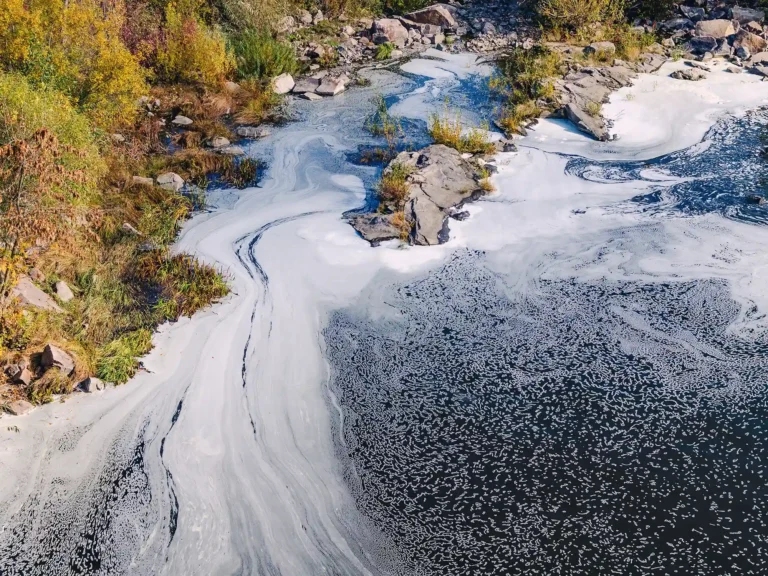Gender equality issues have gained unprecedented attention since late 2017, notably through the #MeToo movement. Dialogue on gender equity has brought a sharp focus on gaps to access and representation. These gaps are arguably most prominent in the water domain.
More than 200 million women and girls walk over 30 minutes every day to fetch water for use by their families. While doing so, they are unable to engage in other productive enterprise; and girls are unable to attend school. Worse, they run serious risks to their personal security, often ending up victims of sexual harassment, rape, or other forms of violence.
Not having access to safe water and sanitation is a hefty burden. Women face health challenges related to unsafe water and inadequate sanitation, including sepsis during childbirth, post-partem complications, hepatitis, anaemia, and trachoma. Diarrhoea, a completely preventable disease through safe water and good hygiene, claims the lives of 361,000 children under five each year according to the World Health Organization.
The irony is that women in most developing countries bear the brunt of work as water shepherds. And yet they are often excluded from decision-making processes around managing water as a resource.
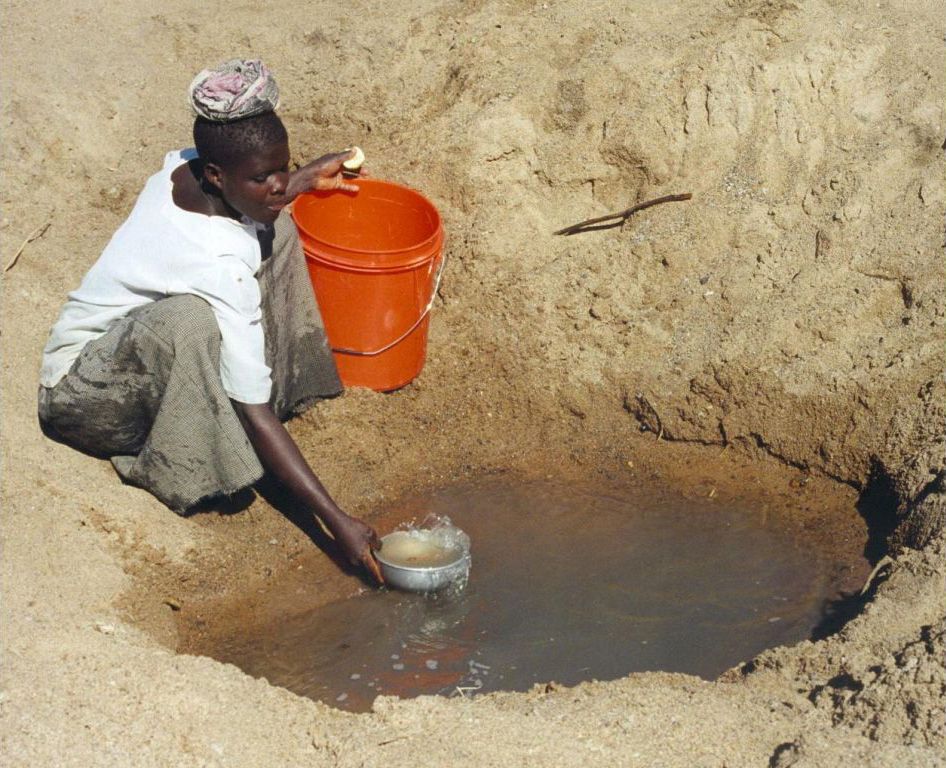
A major international water conference in 1992 sought to correct this imbalance, and the resulting Dublin Principles noted that “Women play a central part in the provision, management, and safeguarding of water.” While it emphasized the need to empower women so that they can participate in all levels of decision-making in ways defined by them, the reality on the ground remains in stark contrast.
This situation is about to change as the world community has focused on gender issues in two major ways.
First, the world leadership has agreed to a 15-year development agenda that would chart the course until 2030. The resulting Sustainable Development Goals, or SDGs, include a dedicated goal on achieving gender equality. Importantly, a number of other SDGs, such as those focused on poverty, education, health, and food, also include specific targets that aim to eliminate gender-based discrimination and disparities in health care, education, and financial wellbeing.
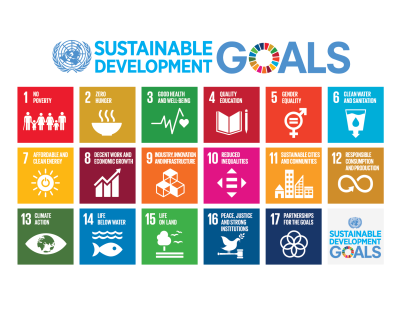
Second, the United Nations General Assembly declared 2018–2028 to be the new water decade. This new international decade complements the efforts to achieve the SDGs and recognizes that women can be the agents of change for achieving water security. Canadian water leaders have responded by creating the International Water Decade Alliance, a group of 22 organizations that offers a Canadian response to international and domestic water challenges.
The Canadian government also adopted its new feminist international assistance policy during 2017. This policy directly supports women to increase their access to water and other natural resources and increase their participation in environmental decision making.
The alignment of Canada’s policy on women’s issues with the SDG process and the water decade is quite remarkable. It offers a unique opportunity for Canada to take a leading role in achieving sharper gains for women in the water sector and truly implement the spirit of the Dublin Principles.
Four action areas deserve particular attention: building knowledge resources that can address gender disparities in the water domain, particularly using Indigenous knowledge; enhancing the capacity of women’s organizations to systematically address institutional gaps; creating networks of gender-focused groups that can freely exchange ideas and best practices; and, raising public awareness about the very significant gains to be made by overcoming water-related gender gaps.
Water is an apolitical development issue that can be used to catalyze powerful alliances and create a new water agenda that relies on women as the primary agents of change.
For more information on the International Water Decade Alliance visit sfu.ca/pwrc/IWDA.

